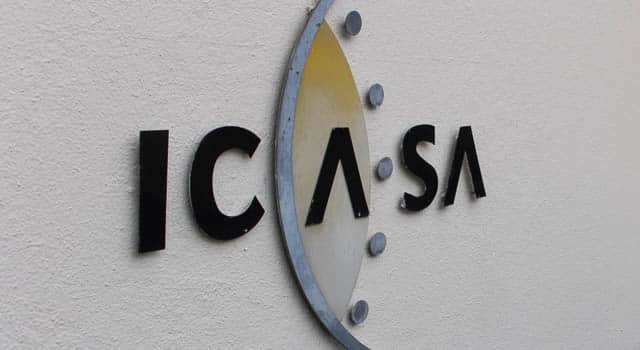- The Independent Communications Authority of South Africa (ICASA) has announced a consultation on the proposed new licensing framework for satellite services and has moved to conduct an inquiry to determine a regulatory and licensing framework for satellite services in South Africa.
- The move will also help establish the procedures that the authority may implement for the provision of satellite services in South Africa.
- Additionally, through the inquiry, the regulator will determine procedures for authorising user terminals, IoT terminals, earth station user terminals communicating with space stations while in motion (ESIM/ESV), and ground earth stations within South African territory.
As part of the inquiry, ICASA will also consider the need to review spectrum fees, taking into account the increasing amount of bandwidth used by satellite systems operating in higher frequency bands.
In May 2024, Vodacom filed a lawsuit to prohibit MTN from using the high-demand spectrum (HDS) it obtained from ICASA in June 2022. The telco accused the authority of unlawfully approving spectrum pooling agreements that gave MTN an unfair advantage in network performance, thereby stifling competition.
Further, through the inquiry, the authority aims to determine procedures for the registration of international satellite operators who intend to provide services either directly or indirectly (through existing licensed operators) to South African consumers.
Recall that Starlink has yet to receive official approval in South Africa. However, despite warnings of cutting off users accessing its roaming service in regions where the company is not authorised, the SpaceX satellite internet service has remained online in South Africa.
ICASA is inviting interested individuals and parties to submit written comments on the proposed new licensing framework for satellite services by November 12, 2024. These submissions will be available for inspection on the ICASA website starting November 30, 2024.
The inquiry specifically focuses on Fixed Satellite Services (FSS), Mobile Satellite Services (MSS), and Broadcasting Satellite Services (BSS). It does not cover satellite services related to radio navigation, amateur use, earth exploration, or space research.
Meanwhile, in June 2024, South Africa’s communications minister, Mondli Gungubele, announced a new “use-it-or-lose-it” policy to prevent companies like mobile networks and broadcasters from hoarding valuable radio spectrum.










